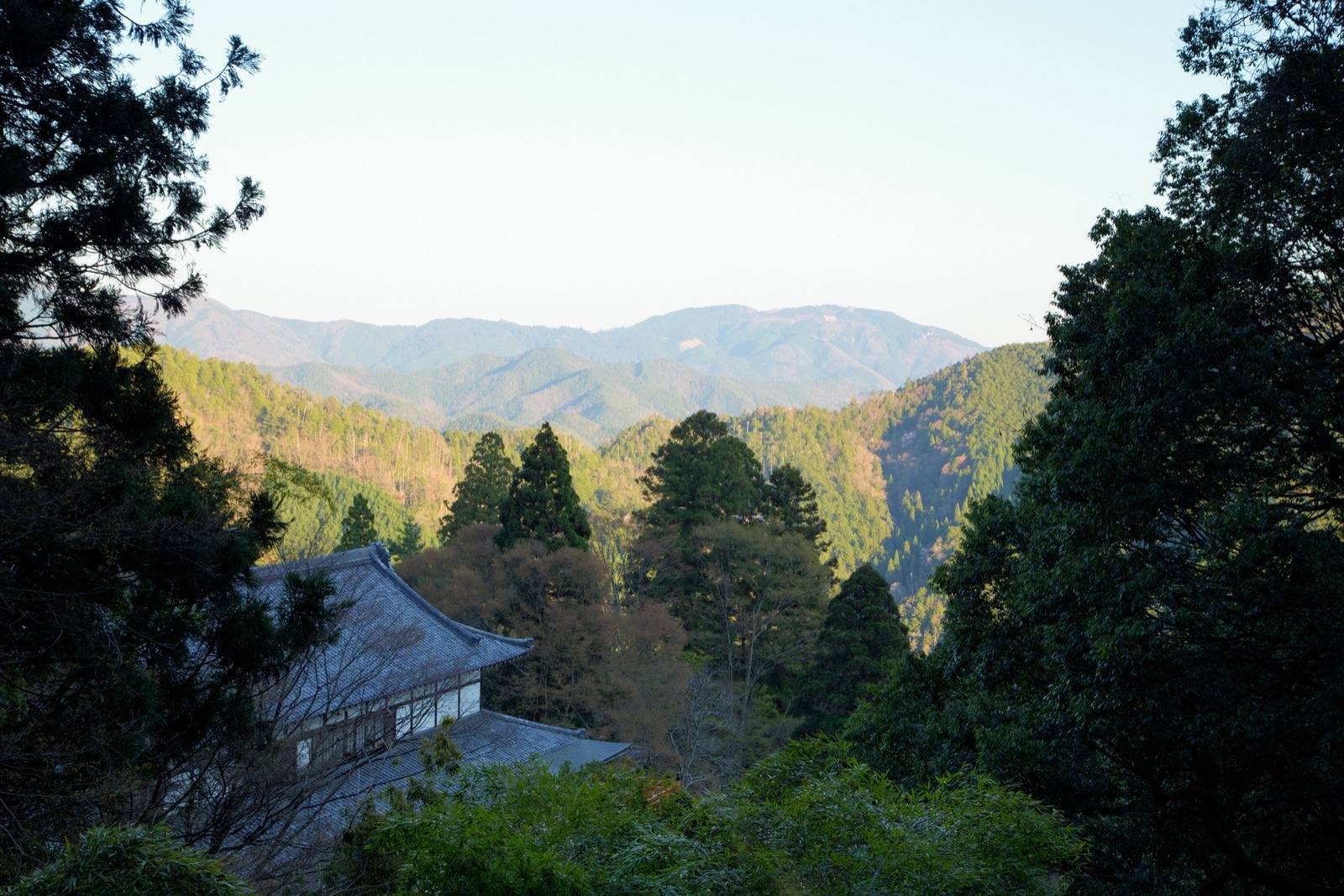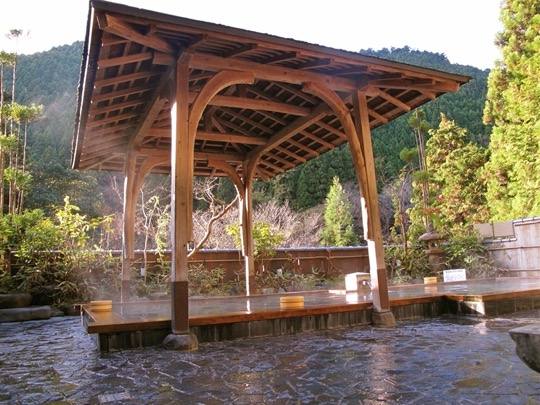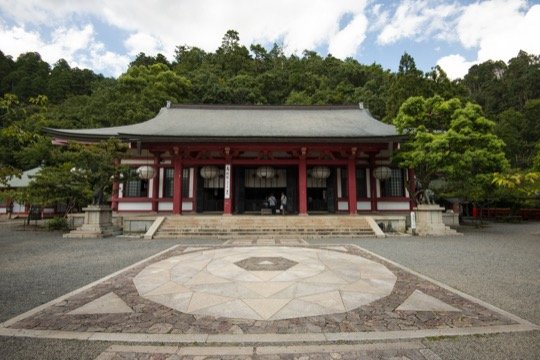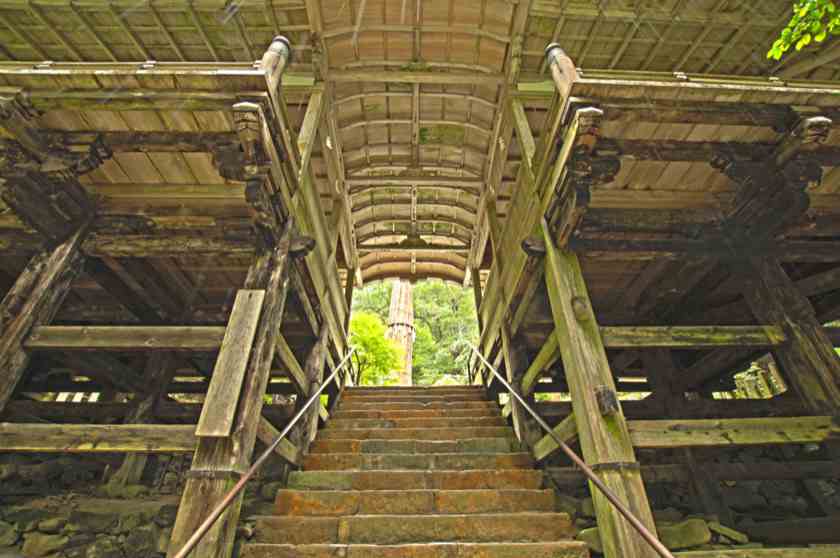Kurama
Ancient mountain sanctuary with esoteric traditions

On This Page
Nestled in the northern mountains of Kyoto, Kurama is a place of spiritual significance and natural beauty, known for its ancient temple linked to esoteric Buddhism, and surrounded by lush forests.
Kurama, a rural area in the mountains north of Kyoto, is deeply intertwined with the spiritual history of the region. Its most notable landmark, Kuramadera Temple, is a significant site founded with the enshrinement of the deity Bishamonten in 770 A.D. The temple is associated with the Tendai sect of Buddhism and is known for its esoteric practices.
The founding of the temple is attributed to the monk Gantei following his vision of the Bodhisattva Mañjuśrī. Kuramadera has since been a center for various Buddhist rituals, particularly esoteric practices seeking enlightenment.
Known for the Kurama Fire Festival (Kurama no Hi Matsuri) on October 22nd, this event features processions with large, lit torches, symbolizing the warding off of evil spirits and has been a part of the area’s cultural heritage for centuries.
Today, Kurama offers a retreat from Kyoto’s city life. Visitors can hike through the mountain path to the temple, often finding the journey spiritually uplifting. Also noteworthy is the Yuki Jinja shrine, a Shinto shrine integral to the Shinto-Buddhist religious mix characteristic of the area.
The Kurama Onsen, with its therapeutic hot springs, was previously a much loved day-trip from Kyoto. Unfortunately it closed during COVID-19 and has remained closed since.
Kurama’s significance reaches beyond its locale, continuing to be a spiritual haven for visitors.
Around Kurama
Top attractions in Kurama the best of Kurama
Kurama Onsen
A tranquil hot spring retreat in Kyoto’s mountainous Kurama district.
Kuramadera Temple
Ancestral home of warrior legends and a spiritual haven for over a millennium
Yuki Jinja Shrine
Acient Shinto sanctuary on Mt. Kurama, hosting the Kurama Fire Festival.


